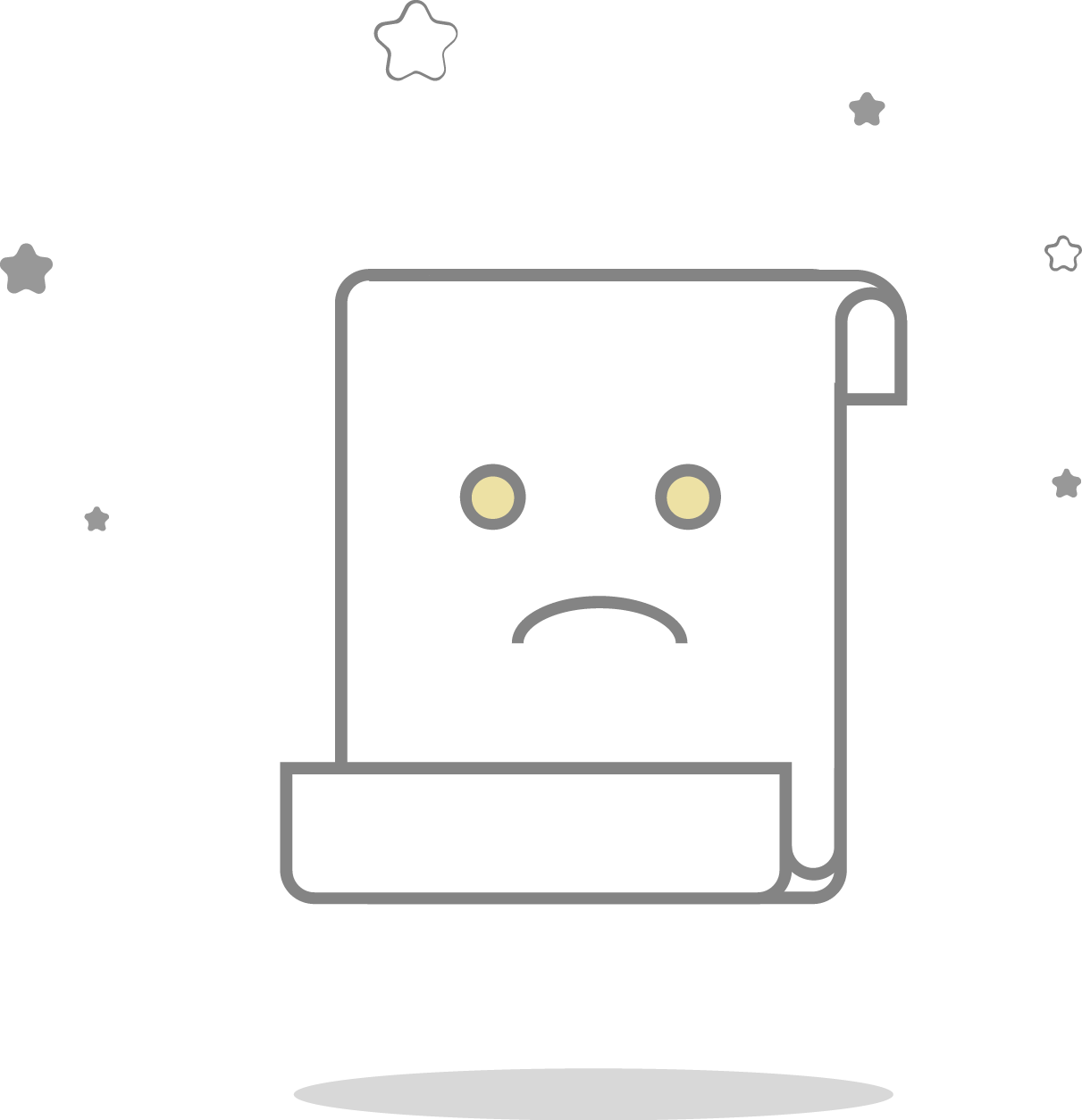Miguel Gómez Fontela
Lab Information
Centro Nacional de Microbiología, Instituto de Salud Carlos III
Research Area and Skills
Recognize this scientist’s Expertise for their contribution in your research
CRISPR-Cas9 0 immunology 0 genetics 0 transcriptional regulation 0 molecular biosciences 0 cell culture 0 western blot 0 CRISPR-interference 0 CRISPR-activation 0 nucleic acid purification 0 mouse models 0 chromatin immunoprecipitation 0 enChIP 0 LIFT 0 PCR 0
- Post
- Publication
- Plasmid
- Following (0)
- Follower (4)
Nanotechnology has shown an important potential in the immunotherapeutic field, as the modulation of a variety of immune processes can be achieved both in vitro and in vivo. Nanotechnology can be used to promote the immune activation or to induce tolerance depending on the ...Learn More
- Like (4)
- Reply
-
Share
Despite its potential usefulness in completely eliminating tumor cells, cancer immunotherapy is deployed to confront intact primary or metastatic disease. It will be easier for the immune system to clear a small number of residual cancer cells, once the immunosuppressive tumor ...Learn More
We are living in a new, unofficial but significant unit of geological time called Anthropocene, which is characterized by the impact that the human activity have on the planet’s climate and ecosystems [1]. Some researchers even think that Plasticene will be a better descriptor ...Learn More
Gene expression in eukaryotic cells is a complex process that involves a myriad of molecules which are very different in origin, structure, expression kinetics and function. It is a process tightly regulated by the presence of methylation and acetylation marks at given genomic ...Learn More
Fighting against autoimmune diseases is a very challenging task. A novel approach consists of using antigen-specific tolerization that selectively blunt autoimmunity without compromising normal immune function. Physiological induction and maintenance of tolerance is based on the ...Learn More
Author: Fontela, M. G et al. ‘The Core Region of the Conserved Non-Coding Sequence 2 Enhancer Function as a Switch for Human CD69 Transcription and Its Controled Cytokine Production'. Under review.
Redondo, J., Fontela, M. G et al. ‘Functional characterization of a dual enhancer/promoter regulatory element leading human CD69 expression'. Frontiers in Genetics. Accepted 8th October 2020.
Coauthor: Lorente, E., Fontela, M. G et al. ‘Modulation of natural HLA-B*27:05 ligandome by ankylosing spondylitis-associated endoplasmic reticulum aminopeptidase 2 (ERAP2)'. Molecular & Cellular Proteomics, 2020, 19 (6) 994-1004. doi:10.1074/mcp.ra120.002014
Coauthor: A. Márquez and Miguel G. Fontela. 'Fluorescence enhanced BA-LIFT for single cell detection and isolation'. Biofabrication. January 2020. DOI: 10.1088/1758-5090/ab6138
Author: Miguel G. Fontela et al. ‘The Conserved Non-Coding Sequence 2 (CNS2) Enhances CD69 Transcription Trough Cooperation Between the Transcription Factors Oct1 and RUNX1'. Genes. August 2019. DOI: 10.3390/genes10090651
Collaborator: David Canteli et al. ‘Laser-Induced Forward Transfer of silver-based pastes for metallization of photovoltaic devices. SPIE conference proceedings. DOI: https://doi.org/10.1117/12.2508975
Collaborator: Laguna. T et al. ‘New insights on the transcriptional regulation of CD69 gene through a potent enhancer located in the conserved non coding sequence 2'. Molecular Immunology. March 2015. DOI:10.1016/j.molimm.2015.02.031

This guy hasn’t plasmids anything yet.
Hot plasmids

This guy has no following anyone.
Popular Cloud Scientists
About Us · User Accounts and Benefits · Privacy Policy · Management Center · FAQs
© 2026 MolecularCloud





